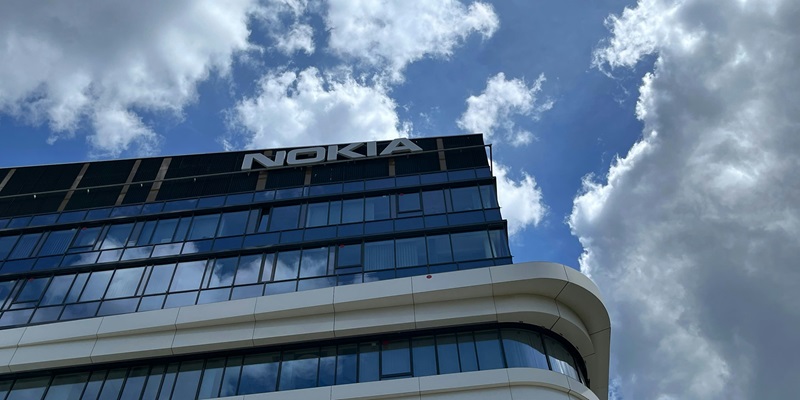HMD Global has announced a significant shift in its strategy by discontinuing the sale of Nokia-branded smartphones in Europe, marking a notable change in the company’s market approach. This decision comes after the company has consistently positioned Nokia as a competitive alternative to major brands such as Samsung, Google, and Motorola in various markets. The removal of Nokia Android devices from HMD Global’s European webstores, including models like the G60 and G42, signifies a strategic pivot that is sure to impact the European smartphone landscape.
While Nokia-branded smartphones are being pulled from HMD’s official sites in regions including the UK and Germany, the company reassures its fans that Nokia feature phones such as the 225, 235 4G, and the new 3210 will still be available. This move indicates that HMD Global is not entirely abandoning the Nokia name but is instead refocusing its efforts. The retention of these feature phones highlights a targeted commitment to the Nokia legacy, catering to a segment of users who still value simplistic and resilient mobile devices. However, the future lineup will lean more towards devices branded under HMD’s own name, signaling a new chapter for the company.
A Strategic Rebrand
HMD Global’s decision to discontinue Nokia Android smartphones in Europe suggests an effort to create space for innovative models under its HMD brand. Despite removing Nokia smartphones from their own sites, these devices remain available on other retail platforms like Amazon, which is a relief for consumers who prefer this brand. The company aims to leverage its existing market presence and consumer trust built through the Nokia name to introduce new HMD-branded products. There are even speculations about upcoming models inspired by the classics, including a rumored “new Lumia,” which seems to be HMD’s strategy to blend nostalgia with modern technology.
This realignment is more than just a change in naming conventions; it’s a broader move to consolidate HMD Global’s market position and diversify its offerings. By moving away from its reliance on the Nokia brand, HMD is carving out its own identity within the competitive smartphone market. This transition appears to be a calculated effort to differentiate its products through unique innovations and features that echo the high quality and reliability associated with the Nokia brand but under a new HMD label.
Market and Brand Evolution
HMD Global has announced a major shift in strategy by halting the sale of Nokia-branded smartphones in Europe, marking a significant change in its market approach. This decision comes after positioning Nokia as a competitive alternative to Samsung, Google, and Motorola in several markets. The removal of Nokia Android devices, such as the G60 and G42, from HMD Global’s European webstores signifies a strategic pivot that will undoubtedly affect the European smartphone market.
Despite withdrawing these smartphones from official sites in regions including the UK and Germany, HMD reassures fans that Nokia feature phones like the 225, 235 4G, and the new 3210 will remain available. This suggests that HMD Global is not entirely abandoning the Nokia brand but is strategically refocusing its efforts. Retaining these feature phones demonstrates a commitment to Nokia’s legacy, catering to users who value uncomplicated and durable mobile devices. However, the company’s future lineup will increasingly feature devices branded under HMD’s own name, indicating a new chapter for the firm.

